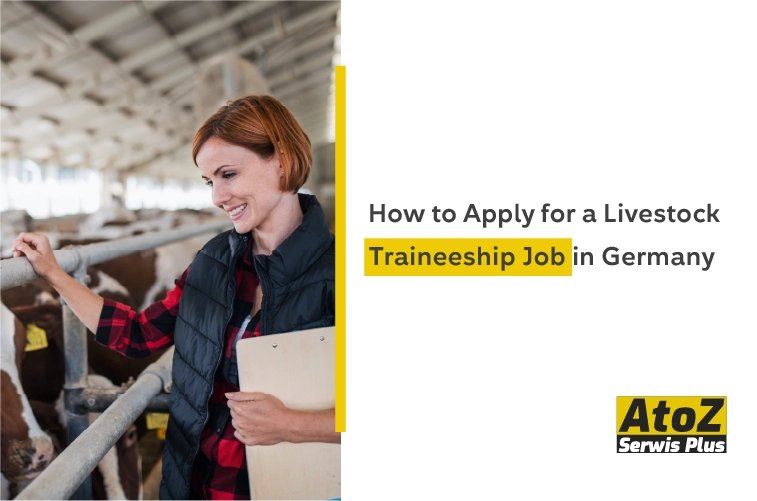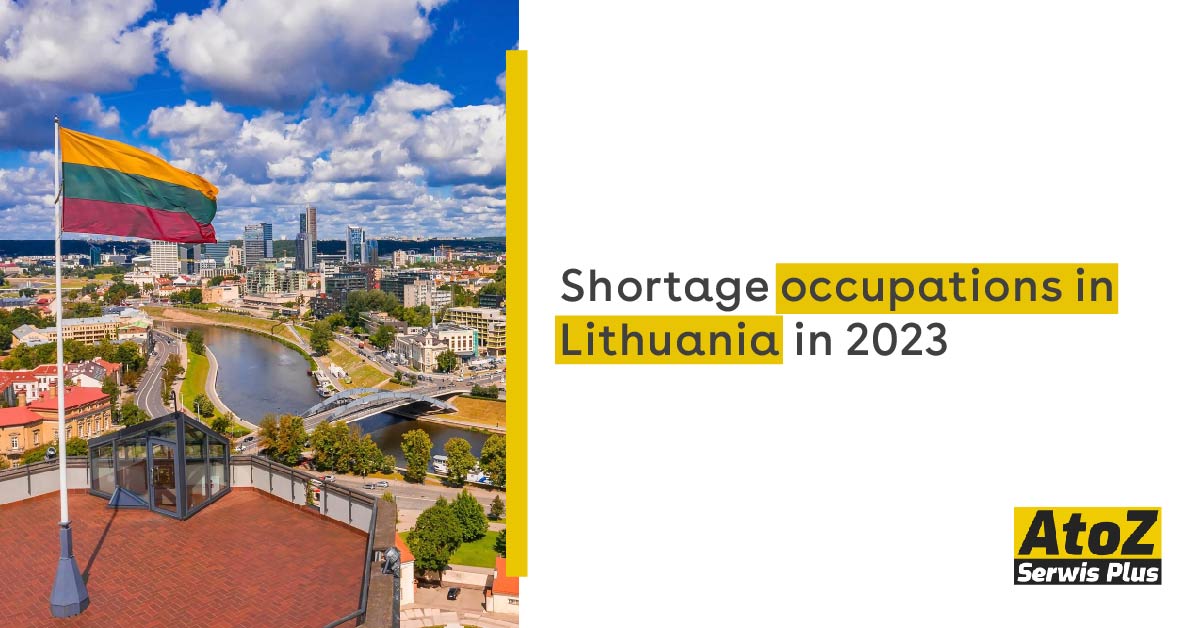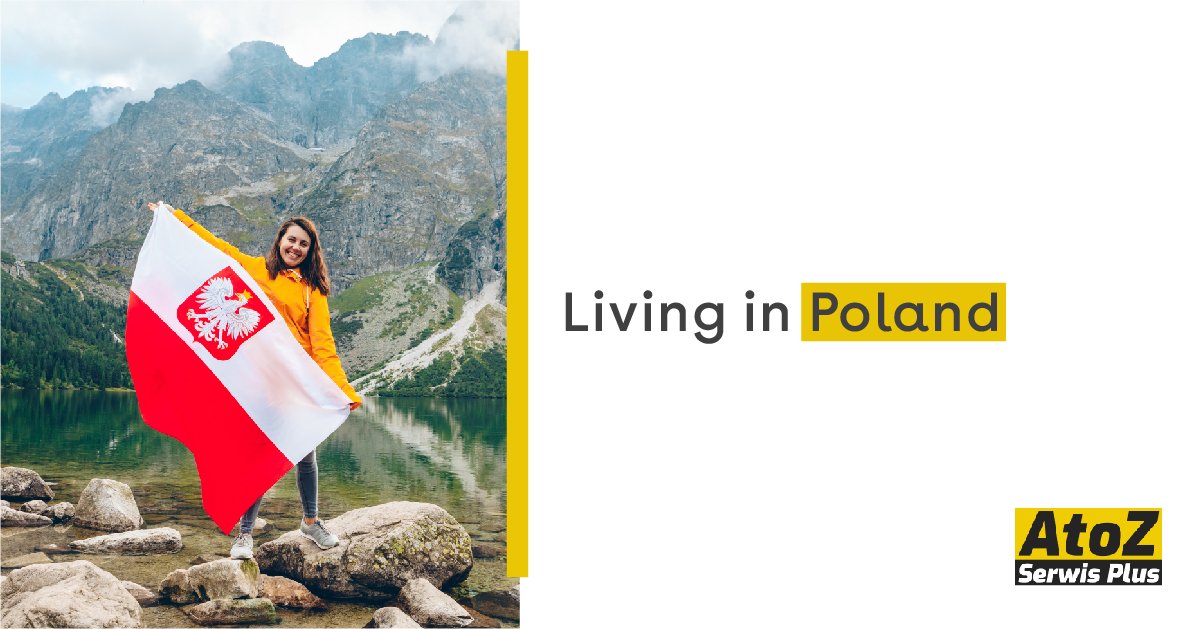

How to Apply for a Livestock Traineeship Job in Germany
Germany’s agriculture sector is one of the most advanced in Europe, and the demand for skilled and semi-skilled trainees in livestock farming continues to grow. Suppose you're a student, graduate, or young professional looking for practical training on modern German farms. In that case, this guide will show you exactly how to apply for a livestock traineeship job in Germany in 2025.
What Is a Livestock Traineeship in Germany?
A livestock traineeship is a structured, time-bound agricultural training program that allows international candidates to gain hands-on experience in areas such as
- Dairy cow milking and feeding
- Pig and poultry management
- Animal health, hygiene, and housing
- Farm machinery use and barn cleaning
- Breeding support and veterinary assistance
Traineeships are typically 6–12 months long and can lead to further study or employment in Germany’s agricultural sector.
Eligibility Criteria for a Livestock Traineeship in Germany (2025)
|
Criteria |
Details |
|---|---|
|
Age Limit |
18 to 30 years old |
|
Education |
Currently enrolled in or recently graduated (within 1.5 years) in Agriculture, Animal Science, or related fields |
|
Work Experience |
Not mandatory, but prior animal care or farm experience is a plus |
|
Language Requirement |
Minimum B1 level English; basic German (A1–A2) is an advantage |
|
Nationality |
Open to non-EU citizens from countries such as Nepal, India, Bhutan, Philippines, Kenya, Vietnam, and more |
Documents Required for Application
To apply for a livestock traineeship in Germany, you’ll need:
- Valid passport
- Updated CV (agriculture-focused)
- Motivation letter explaining your interest in livestock and Germany
- Educational degree/diploma or enrollment certificate
- Health insurance covering your stay
- Traineeship agreement signed by a recognized German host farm
- Proof of financial readiness (if salary does not cover full cost)
- Visa application form (for National Visa—Internship Purpose)
Salary & Benefits
|
Component |
Details |
|---|---|
|
Monthly Stipend |
€1,200–€1,500 before tax |
|
Accommodation |
Free or subsidized housing provided by host |
|
Work Hours |
40 hours/week (overtime paid if applicable) |
|
Holiday Pay |
8.33% of salary (as per German law) |
|
Insurance |
Must be valid for health and accident cover |
Visa Process for a Livestock Traineeship in Germany
Step-by-Step Application Guide:
- Find a Host Farm
- Use verified programs like Bixter, IAESTE, or university networks
- Ensure the farm is authorized by the German Immigration Office (Ausländerbehörde)
- Get a Signed Traineeship Contract
The contract must outline duration, responsibilities, stipend, accommodation, and insurance. - Prepare Required Documents
Gather all application papers and translate them into German or English if needed. - Apply for a D-Type National Visa (Internship Purpose)
- Submit at the German embassy in your country
- Include contract, health insurance, and financial proof
- Attend Interview & Biometrics
Be ready to explain your purpose, plans, and background in agriculture. - Wait for Approval
Visa processing typically takes 8–10 weeks
Where to Find Livestock Traineeship Opportunities in Germany
- Wageningen or Aeres University Partnerships
- Bixter.com (Authorized trainee placement agency)
- EURES Germany
- Agricultural Chambers (Landwirtschaftskammer)
- AtoZ Serwis Plus international trainee matching program
Program Outcomes & Career Path
After successfully completing a traineeship, you may be eligible to:
- Apply for Skilled Worker Visa or Blue Card
- Pursue advanced agricultural studies in Germany
- Seek full-time job offers from your host farm or other employers
- Gain international certification to boost your career back home
Government & Institutional Portals for Livestock Internships in Germany (2025)
If you're looking to start a career in livestock farming in Germany, applying through official and government-supported portals ensures legal placement, verified employers, and visa-compliant contracts. Below is a list of top government and institutional platforms offering access to livestock internships and traineeships in Germany for international candidates.
Top German Government & Institutional Portals—Livestock Internships 2025
| Portal | Description | Official Website |
|---|---|---|
| ZAV—International Placement Services (Bundesagentur für Arbeit) | The government agency offers job and internship placements, including in the agriculture and animal care sectors, for third-country nationals. | https://www.arbeitsagentur.de/en/foreign-jobseekers |
| EURES Germany | The European Commission maintains a job portal. The portal provides a list of livestock traineeships and seasonal agriculture internships available throughout Germany. Open to EU and non-EU applicants. | https://eures.europa.eu |
| BIBB—Federal Institute for Vocational Education and Training | The website provides information about agricultural vocational training, dual programs, and internships related to livestock and animal husbandry. | https://www.bibb.de |
| Landwirtschaftskammern (Agricultural Chambers) | Each German state has its own agricultural chamber, which lists verified internships and training farms in the livestock, dairy, and poultry sectors. | https://www.landwirtschaftskammer.de |
| Deutsche Bauernverband (DBV) | The German Farmers’ Association supports youth internships and agricultural education programs with registered livestock farms. | https://www.bauernverband.de |
Benefits of Using Official Portals
- Verified host farms approved by German labor and immigration authorities
- Access to visa-compliant internship offers
- Opportunities backed by dual vocational training systems (Ausbildung)
- Easier documentation for D-type internship visas
- Often linked to future employment or skilled worker pathways
Why Apply Through AtoZ Serwis Plus?
- Verified host farms and traineeship contracts
- Full document preparation & visa filing support
- Orientation sessions and integration help
- Transparent pricing and reliable support from start to finish
Top 20 FAQs – How to Apply for a Livestock Traineeship Job in Germany (2025)
Planning to gain real-world farming experience in Germany? Here’s a list of the most frequently asked questions by students, graduates, and agriculture professionals applying for livestock traineeships in Germany.
1. What is a livestock traineeship in Germany?
It’s a practical, paid training program on German farms where participants gain hands-on experience in animal care, dairy, poultry, or pig farming, typically lasting 6–12 months.
2. Who can apply for a livestock traineeship?
Applicants must be 18–30 years old, enrolled in or recently graduated from agriculture, animal science, or related programs, and willing to work physically on a farm.
3. Is this program available to non-EU citizens?
Yes. Applicants from Nepal, India, the Philippines, Bhutan, Vietnam, Kenya, and many other non-EU countries are eligible.
4. Do I need prior farm experience to apply?
Experience is preferred but not mandatory. Strong motivation and a relevant degree/diploma can still qualify you.
5. What documents are required for application?
- Valid passport
- CV (agriculture-focused)
- Motivation letter
- Educational certificate or enrollment letter
- Traineeship agreement
- Proof of health insurance
- Visa application form
6. What type of visa do I need?
You need a D-type national visa for internship/traineeship purposes (not a work permit).
7. How long does visa processing take?
Visa processing takes 8 to 12 weeks, depending on your country and embassy workload.
8. How do I find a host farm in Germany?
Recognized organizations (like Bixter), university partners, EURES, or support from AtoZ Serwis Plus can help achieve this.
9. What is the monthly stipend or salary?
Trainees typically earn €1,200 to €1,500/month (gross), depending on the host farm and internship duration.
10. Is accommodation included in the program?
Yes. Most farms offer free or subsidized accommodation, either on-site or nearby.
11. What are the working hours?
Standard is 40 hours/week, usually 5–6 days. You may receive separate payment for overtime.
12. Do I need to speak German?
No, but B1 level English is required. Basic German (A1–A2) is a bonus and sometimes provided as part of the program.
13. Can I choose the type of livestock farm (e.g., dairy, pig)?
Yes, you can indicate your preference, but final placement depends on availability and your background.
14. What’s the duration of the traineeship?
Traineeships typically last 6 to 12 months, depending on the farm and agreement.
15. Can such an experience lead to a long-term job in Germany?
Yes. After the traineeship, some candidates apply for a Skilled Worker Visa or Blue Card if they meet the criteria.
16. Is this traineeship considered a full-time job?
No. It's a training-based internship, not a permanent job. However, it includes a stipend, contract, and legal work rights.
17. Do I need insurance for the visa?
Yes. You must have health and accident insurance covering your entire stay.
18. Can I travel to other EU countries on this visa?
Yes, but only for short stays (up to 90 days), and you must return to Germany to continue the internship.
19. What’s the role of AtoZ Serwis Plus in the process?
AtoZ Serwis Plus helps with:
- Finding verified host farms
- Preparing your application
- Guiding you through the visa process
- Pre-departure training and post-arrival support
20. When should I apply for a 2025 traineeship?
Apply at least 4–5 months before your preferred start date. Spring and autumn are the most popular intakes.


















